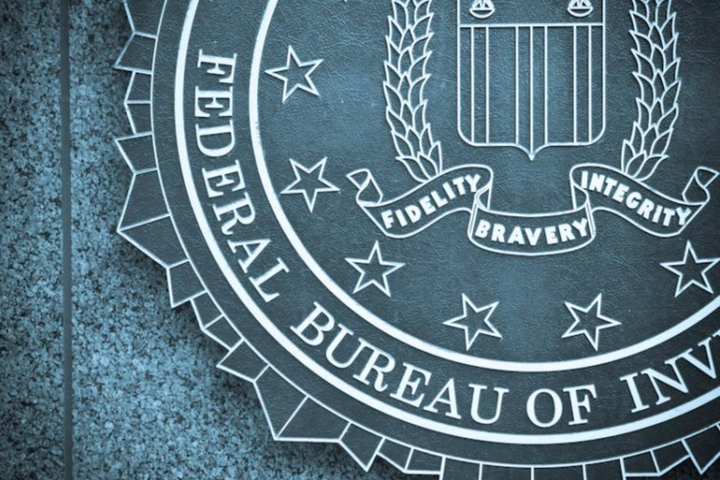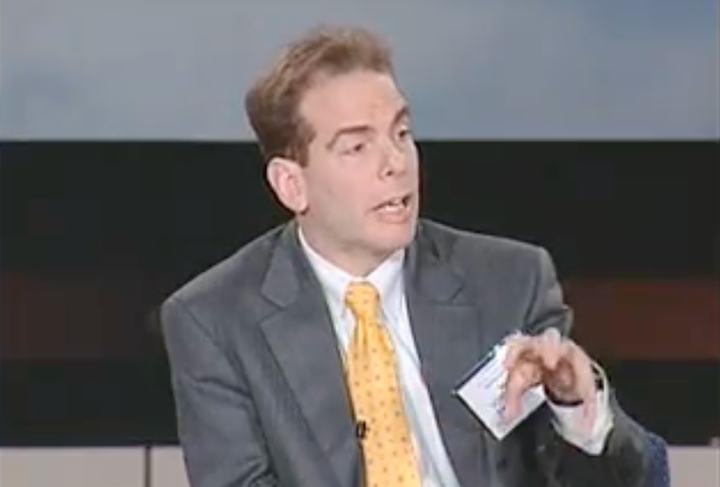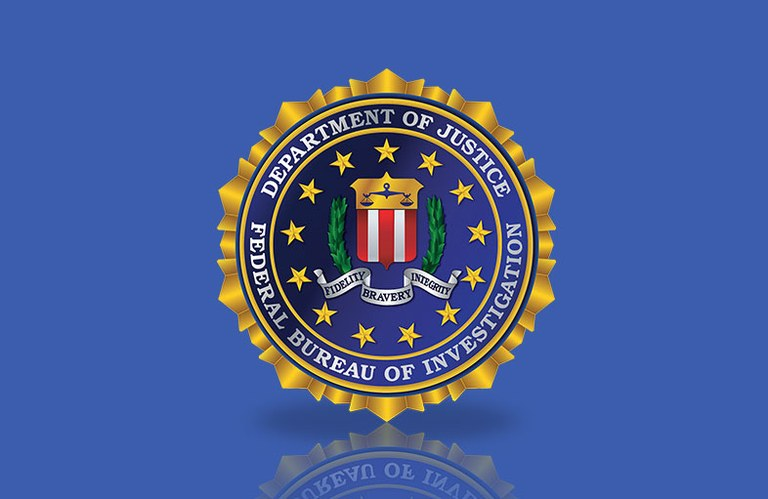Mississippi News Outlet Asks State Supreme Court To Stop Former Governor's Attack On Journalism
Mississippi Today appealed a court decision ordering the news outlet to provide "newsgathering materials" to former Mississippi Governor Phil Bryant

The following article was made possible by paid subscribers of The Dissenter. Become a subscriber with this special offer and support independent journalism on press freedom.
A nonprofit news organization in Mississippi, which was ordered by a state court to provide “newsgathering materials” to the state’s former governor, Phil Bryant, has appealed the court’s decision. They urge the Mississippi Supreme Court to recognize a reporter’s privilege for the first time in the state’s history.
Mississippi Today maintains that the order to give Bryant access to notes and interviews with confidential sources “threatens the constitutional rights and privacy of journalists and every Mississippi citizen.”
“If the lower court’s order is upheld,” Mississippi Today editor-in-chief Adam Ganucheau declared, "every Mississippian [stands] to lose a fuller understanding of how some government leaders truly operate when their doors are closed and they think no one is watching.”
Bryant was the state’s governor while “one of the largest public fund fraud scandals” in Mississippi history unfolded. An audit determined that “more than $77 million dollars in federal Temporary Assistance for Needy Families (TANF) funds” were misused or “spent illegally.”
As Mississippi Today reporter Anna Wolfe exposed in April 2022, Bryant greatly influenced the funding decisions made by the state’s welfare director, John Davis, who was arrested for embezzlement in February 2020. Bryant assisted “his friend and retired NFL quarterback Brett Favre, who was the inspiration behind more than $8 million in improper welfare payments.”
The revelations came from “thousands of pages of text messages gathered by law enforcement agents in the course of their investigation.” “Communications” between “some of the key players” were shared, and Mississippi Today “also reviewed thousands of emails and agency documents” that were obtained “through more than 80 public records requests” and “conducted dozens of interviews.”
Wolfe won a Pulitzer Prize for her five-part series. What Mississippi Today revealed garnered widespread attention in the national news media.
In July 2023, Bryant retaliated by filing a defamation lawsuit [PDF] against the news organization. He sued the organization over statements made in a 2022 mid-year report, a Pulitzer Prize announcement, and during a panel discussion organized by the Knight Foundation.
Bryant seeks “all communications” that Mississippi Today employees “have had about the plaintiff within the past two years, including emails and text messages between Anna Wolfe and sources.” He also requested the identities of each person that the news organization’s employees “spoke with regarding the plaintiff within the past three years.”
On May 16, after Mississippi Today tried to assert a reporter’s privilege, the state’s circuit court ordered the news organization to submit materials for review. The court emphasized that Mississippi appellate courts do not recognize a First Amendment reporter’s privilege, which would protect the refusal to disclose the identity of confidential sources.
The appeal [PDF] from Mississippi Today explicitly asks the Mississippi Supreme Court to determine “whether news organizations enjoy a privilege to fight discovery requests that would chill the exercise of constitutionally protected newsgathering activity.”
“Mississippi Today believes that the existence of the privilege, which has been recognized by federal courts in Mississippi and across the country, should not be in doubt," according to the appeal.
Additionally, the news organization would like the court to decide if the reporter’s privilege may extend to “unpublished newsgathering materials, such as interviews, notes, drafts, newsroom emails, and communications with non-confidential sources.”
“With our appeal, the stakes are incredibly high: The Supreme Court could guarantee these critical rights for the first time in our state’s history, or it could establish a dangerous precedent for Mississippi journalists and the public at large by tossing aside an essential First Amendment protection,” Ganucheau stated.
Ganucheau acknowledged, “It’s important to note that journalists, even in the 40 states that recognize the reporter’s privilege, do not have unlimited, blanket protection from having to turn over sensitive materials. But in those states—and we hope in Mississippi very soon—there is an appropriately high threshold that a plaintiff in a defamation suit must first reach before journalists are compelled to turn over their documents and notes.”
Legislation that would establish a federal reporter’s shield law is waiting in the Senate. It would protect news media organizations in Mississippi from this type of retaliatory action.
But until such a law is established, freedom of the press in Mississippi will depend on whether the state’s courts are willing preserve newsgathering and shut down lawfare from current and former officials, who are upset that they were the subject of Pulitzer Prize-winning journalism which exposed their corruption.




Comments ()